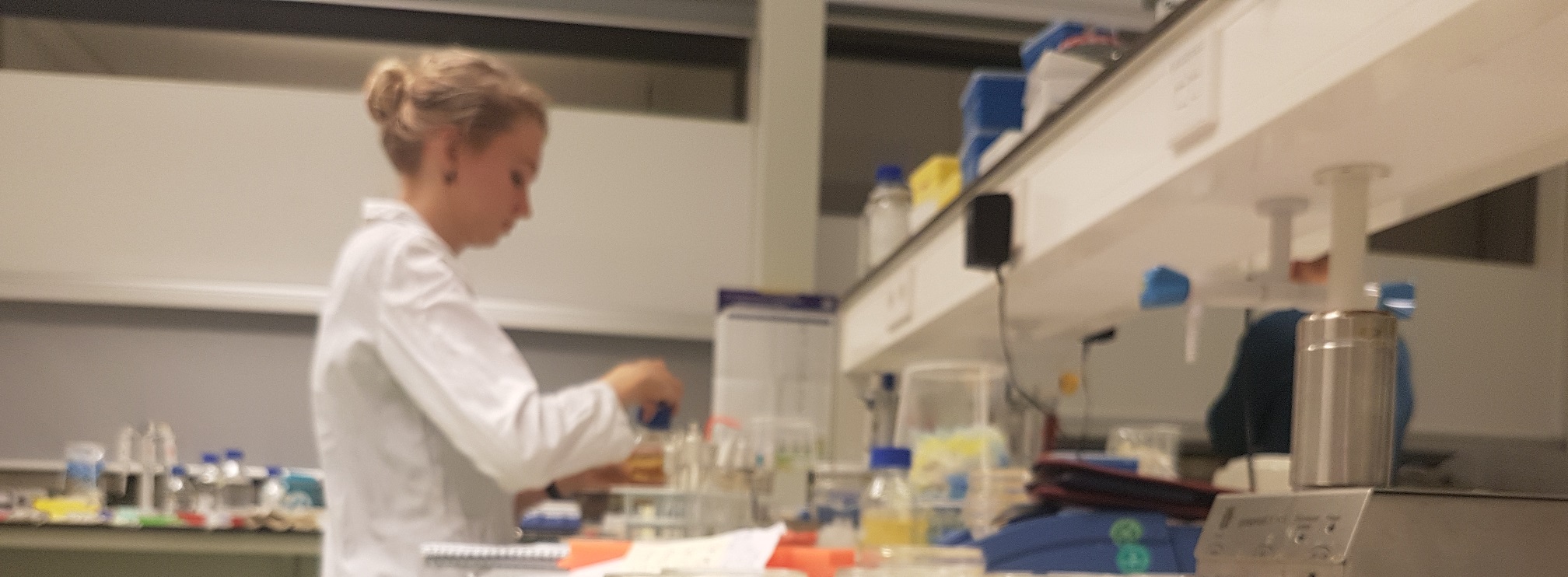| Line 59: | Line 59: | ||
<h5 class="left">Validation construction</h5> | <h5 class="left">Validation construction</h5> | ||
</ul> | </ul> | ||
| + | <br> | ||
| + | |||
| + | <h4 class="left">References</h4> | ||
| + | |||
<br> | <br> | ||
Revision as of 09:49, 28 October 2017
DESIGN
Design
Introduction
Bacteria with
hCas9
Biobrick construction
Validation construction
CRISPR array
Biobrick construction
dCas9
Biobrick construction
Validation construction
Target array reporter
Biobrick construction
Validation construction
Lactis toolbox
Biobrick construction
As our detection system is designed to ultimately by integrated into L. lactis, we wanted to provide the registry with the desired promoters which were not available in a pSB1C3 backbone. For each promoter, a different plasmid and primer pair was used to amplified the sequences from their native backbones. The pNisA promoter was amplified from the pNZ8048 plasmid using the G65 and G66 primers [2]. The p32 promoter was amplified from the pMG36E plasmid using the G67 and G68 primers[7]. The pUsp45 promoter was amplified from the already cloned part BBa_K2361003 using the G63 and G64 primers. This added the biobrick restriction sites combinations to the flanks of the promoter sequence. This allowed us to incorporate the promoter sequences into the biobrick compatible format.Validation construction
References
What should this page contain?
- Explanation of the engineering principles your team used in your design
- Discussion of the design iterations your team went through
- Experimental plan to test your designs











